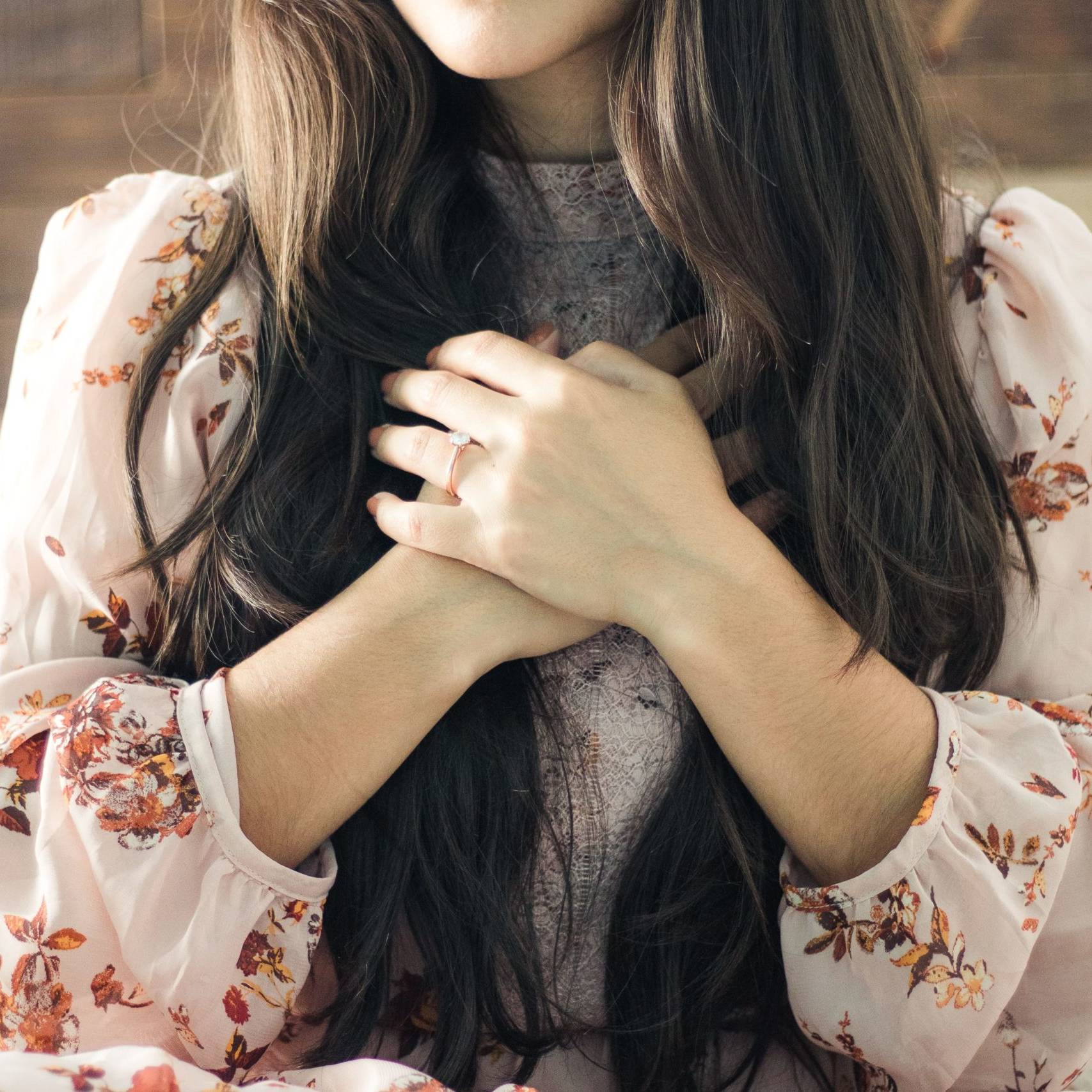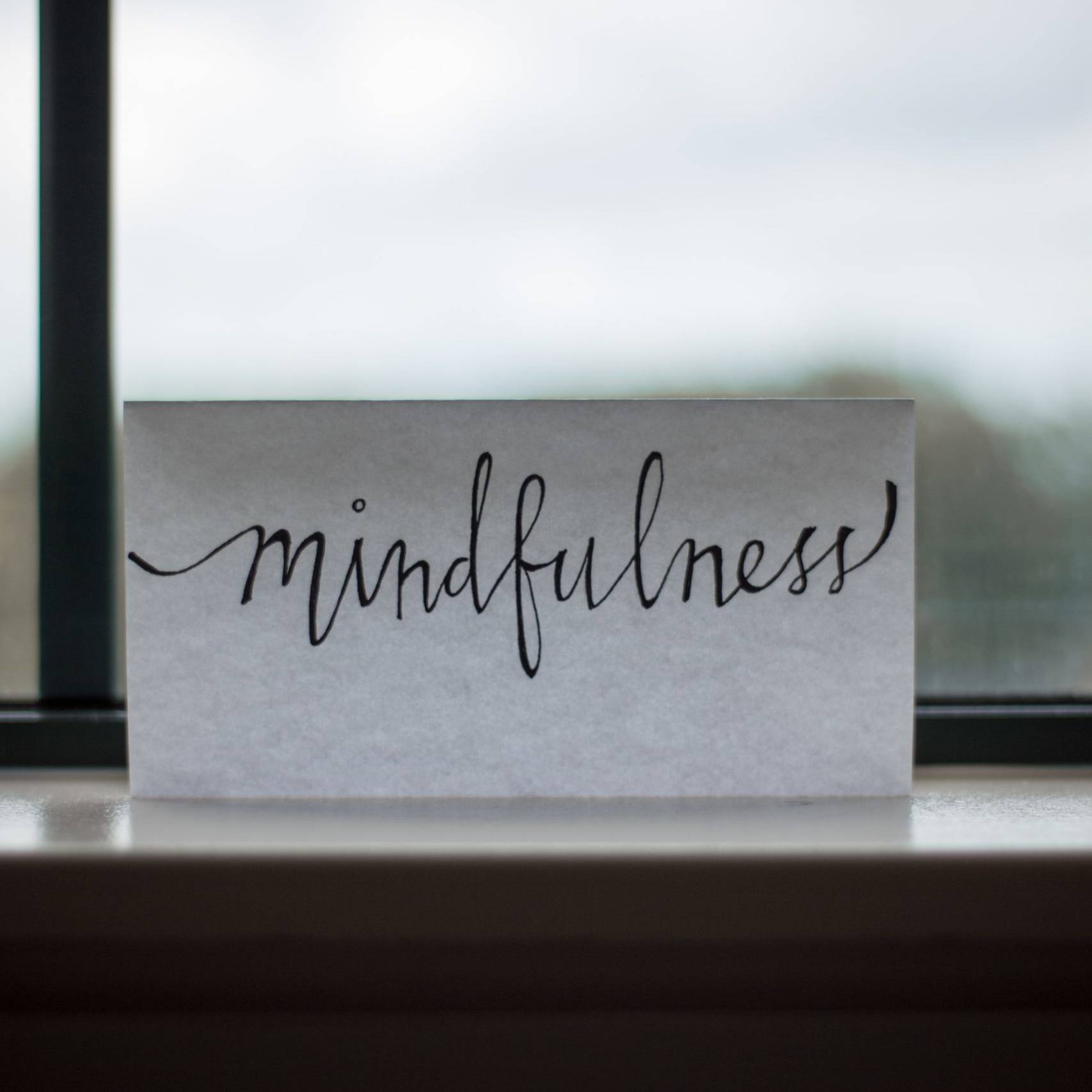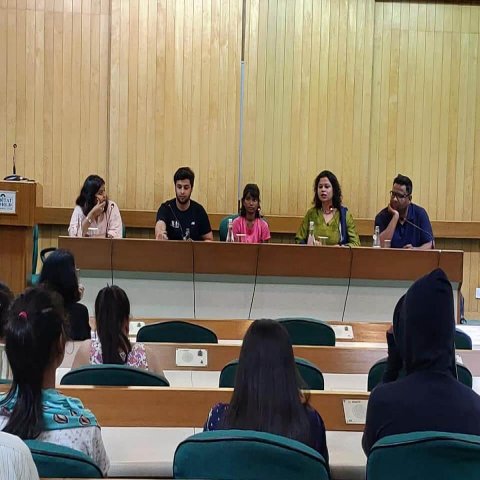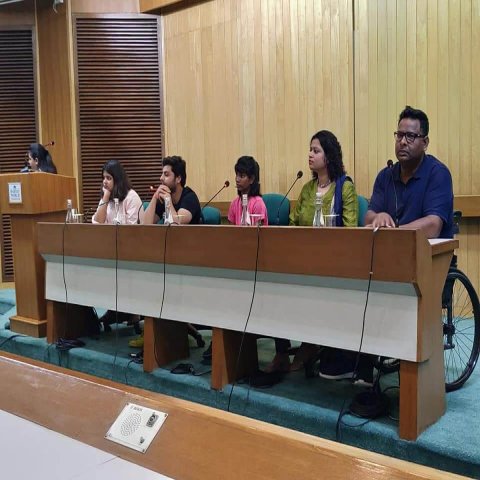Because Stories Heal
Katharsis (Katha or story + Catharsis) is an outreach programme that brings conversations on wellbeing to people through public interactions. It consists of videos, panel discussions and workshops.
The idea behind ‘Katharsis’ was to open up spaces for people to share stories of struggles, losses and triumphs, but without losing sight of the larger structures and realities that have informed their lives.
We believe that it is important to desist from automatically slotting emotional distress into the slot of ‘mental health/illness’. Emotional wellbeing is often not a personal or a solitary process, and Katharsis seeks to build solidarities across silos.
Intersectional conversations involving a discussion of problematic societal structures & inequities, the need for freedom and art in our lives; interrogating the reductionist & transactional modes that urban living reduces us to, emotional and physical abuse, lack of the ‘sacred’ – all of these are crucial ways of approaching the world of psycho-social disabilities.
When our ability to bring context and understanding to our stories is strengthened, perhaps the process of finding meaning in our own lives too becomes easier.
‘Katharsis’ has been carefully crafted from an understanding culled from decades of work done on disability rights and the UNCRPD on the one hand; and intersections between mental health and social justice on the other.
Some of the those with us shared their katha or story:
Swati Agarwal is Director (Operations), Increasing Diversity by Increasing Access. She uses her own experiences to create awareness about mental health and invisible diseases
Divya Kandukuri is the founder of The Blue Dawn, a support group and facilitator of accessible mental health care services for Bahujans.
Saif Ullah Khan is founder of ‘Yellow Streets’ and works with more than 100 children from marginalised communities, including children in conflict with the law.
Pinky, a 15 year old lives under a flyover, and was once labelled a bully in school – but what she now fights are gender stereotypes, abuse and injustice.
Nidhi Goyal is the Founder and Executive Director of Rising Flame, a Mumbai-based non-profit working for the rights of women and youth with disabilities. She uses her own experience of visual impairment to inform her work. She speaks about dealing with finding out about her prognosis of blindness as a teenager.
Hardeep Singh is an artist, multimedia specialist & a deaf empowerment trainer.
Sherin Noordheen is the founder of Let’s Live, an organisation that works on suicide prevention.
Abhishek Anicca is a writer, poet and performer who uses different platforms and creative mediums to talk about disability. His creative projects align closely with his academic work on disability and masculinity.
Rachana Johri is Professor, School of Human Studies, Ambedkar University Delhi. She has written on mothering daughters, women and mental health, the city and subjectivity and feminist pedagogy. Her writing also includes publications at the intersection of disability and motherhood.





